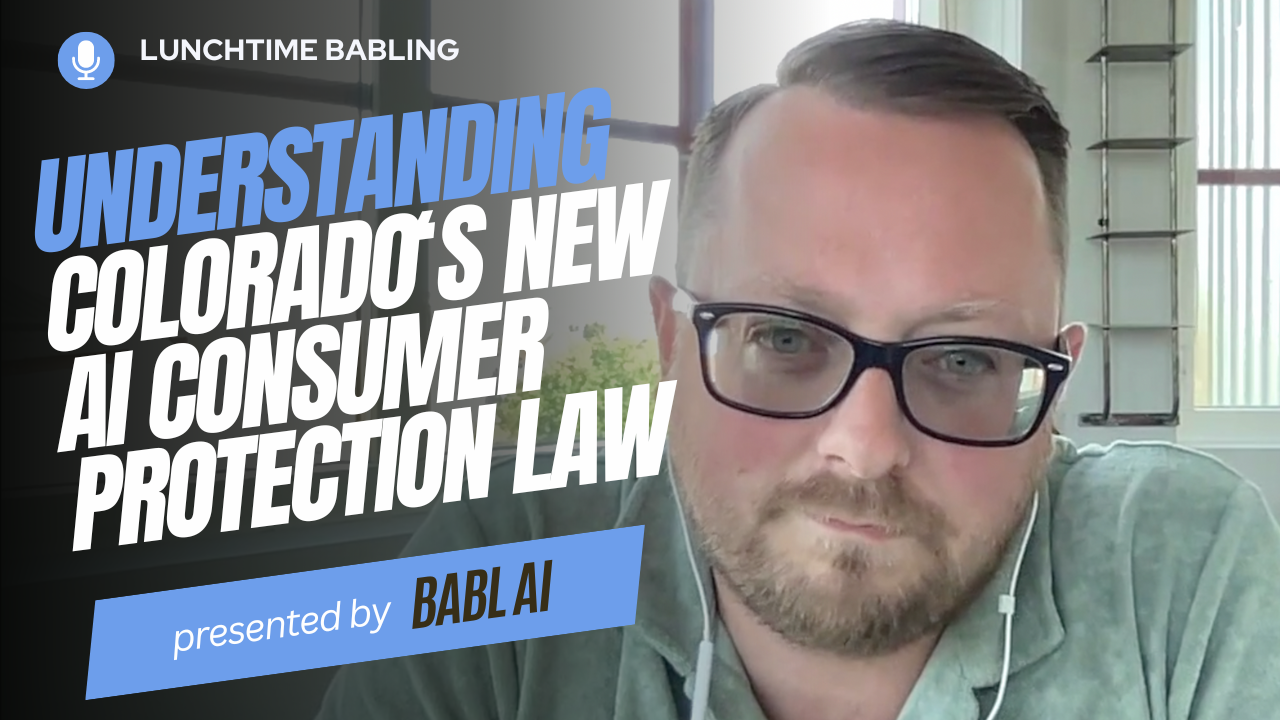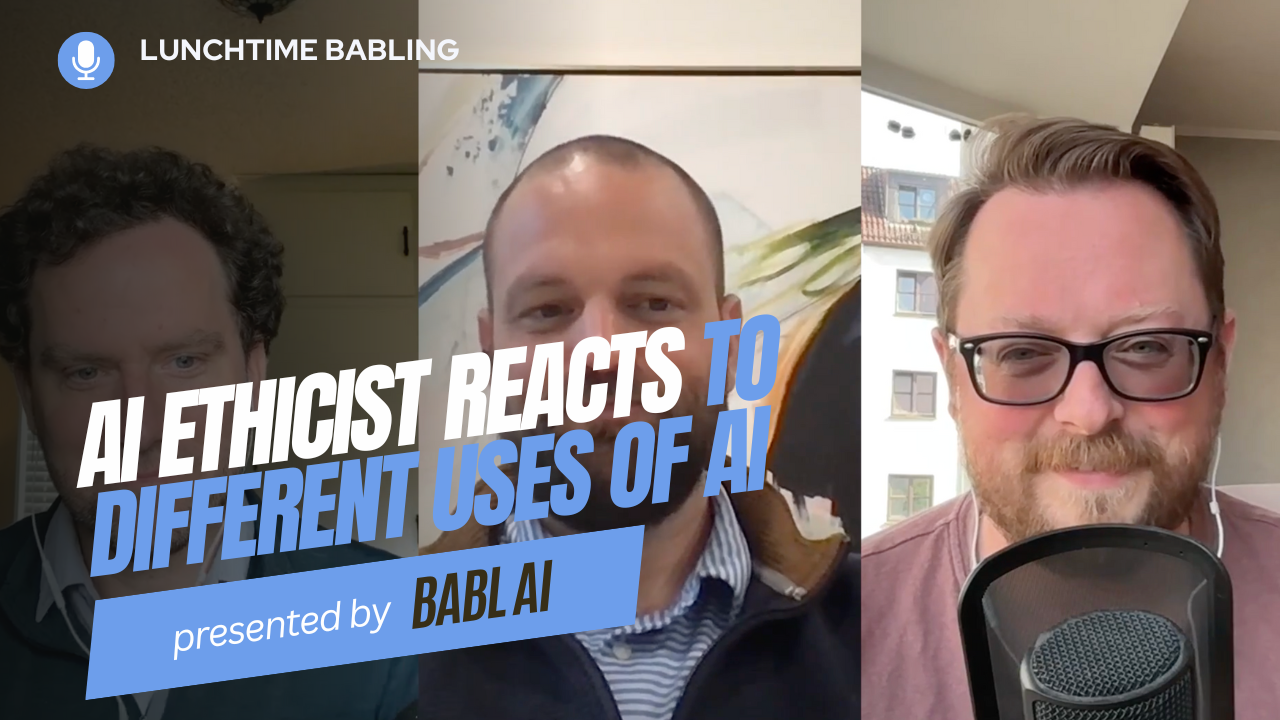UPDATE — AUGUST 2025: The podcast episode provides a largely accurate and timely analysis of Colorado’s groundbreaking AI Consumer Protection Law (SB 24-205), but it’s important to clarify that the law has not yet taken effect and its implementation timeline and enforcement details are still evolving as of mid-2025.
Key Updates and Clarifications:
-
Colorado Governor Jared Polis signed SB 24-205 into law on May 17, 2024, as noted in the episode.
-
The law is scheduled to take effect February 1, 2026. While there has been significant debate about delaying or amending the law due to concerns over innovation and compliance burdens, those efforts—including SB 25-318—have failed or been postponed.
-
The podcast correctly describes the law’s core obligations for developers and deployers of high-risk AI systems. These include:
-
Preventing algorithmic discrimination through risk management programs;
-
Conducting risk assessments;
-
Disclosing the use of AI in consequential decisions;
-
Providing consumers with explanation and appeal rights;
-
Reporting known risks to the Colorado Attorney General within 90 days.
-
-
Concerns about the law’s impact on cross-state operations, innovation, and compliance complexity—highlighted by Shea and Jeffery—are reflected in public commentary and legislative discussions.
ORIGINAL PODCAST POST:
Understanding Colorado’s New AI Consumer Protection Law | Lunchtime BABLing 37
In the latest episode of “Lunchtime BABLing,” hosted by BABL AI CEO Shea Brown and with guest COO Jeffery Recker, the discussion centers on Colorado’s innovative AI Consumer Protection Law. This significant legislative move positions Colorado as a pioneer in the AI regulatory landscape, mirroring aspects of the EU AI Act but with a distinctive focus on preventing algorithmic discrimination.
Understanding the Colorado AI Consumer Protection Law
The law introduces stringent requirements for both developers and deployers of AI systems, aimed at safeguarding consumers against biases and other risks inherent in AI technologies. Shea and Jeffery delve into the implications of the law, noting its potential to serve as a model for other states or even at the federal level, despite the complexities and challenges it introduces for businesses operating across state lines.
Key Provisions of the Law
- Risk Management: The law mandates that deployers of high-risk AI systems implement comprehensive risk management programs to prevent algorithmic discrimination. This includes conducting regular risk assessments and maintaining detailed documentation of AI systems’ capabilities and limitations.
- Transparency and Accountability: Developers must disclose the types of high-risk AI systems they have developed and their approaches to managing discrimination risk. This disclosure extends to any known risks, which must be reported to the Colorado Attorney General within 90 days of discovery.
- Consumer Rights: In line with enhancing transparency, the law requires that consumers be informed about decisions made by AI systems affecting them, including the rationale behind any adverse decisions and the opportunity to appeal or correct data.
Practical Challenges and Strategies
Implementing the law will undoubtedly be challenging, requiring significant effort from companies to align their operations with the new regulations. Shea highlights the necessity of starting early, advising companies to develop cross-functional strategies that encompass legal, compliance, and technical perspectives to ensure compliance and effective risk management.
Looking Ahead
As Colorado sets a precedent with this law, which is set to take effect before similar requirements in the EU, Shea and Jeffery recommend that companies use this as an opportunity to prepare for broader changes across the AI regulatory environment. They emphasize the importance of holistic compliance strategies that can accommodate both Colorado’s law and anticipated regulations in other jurisdictions.
Conclusion
Therefore, the episode of “Lunchtime BABLing” provides valuable insights into the evolving landscape of AI regulation, offering listeners detailed analysis and practical advice on navigating these changes. As AI continues to permeate all aspects of society, such discussions are crucial for developers, deployers, and consumers who must understand and adapt to the legal frameworks shaping the technology’s use.
Hence, listeners can also take advantage of a 20% discount on all BABL AI courses using the coupon code “BABLING20” and delve deeper into the topic by reading related articles on the BABL AI website.
Also, find all Lunchtime BABLing episodes on YouTube, Simplecast, and all major Podcast Streaming Platforms.





